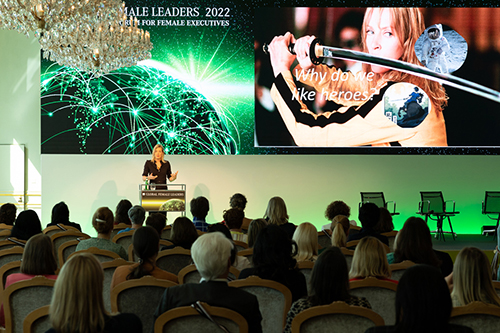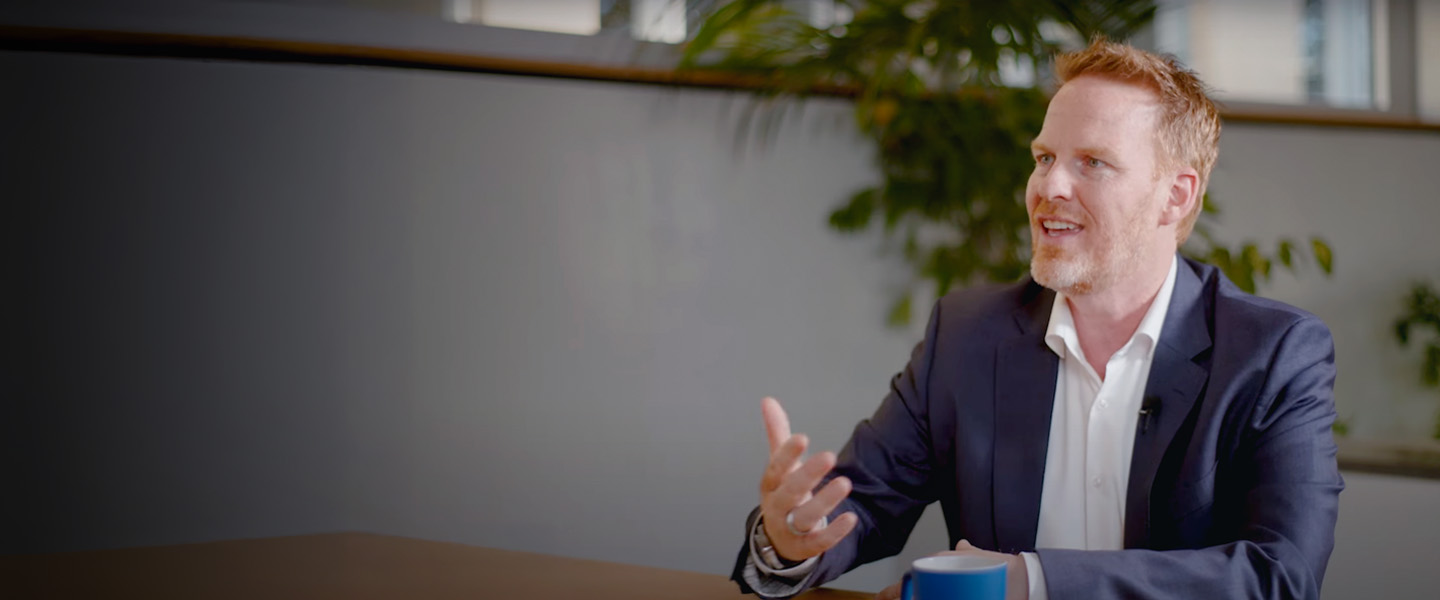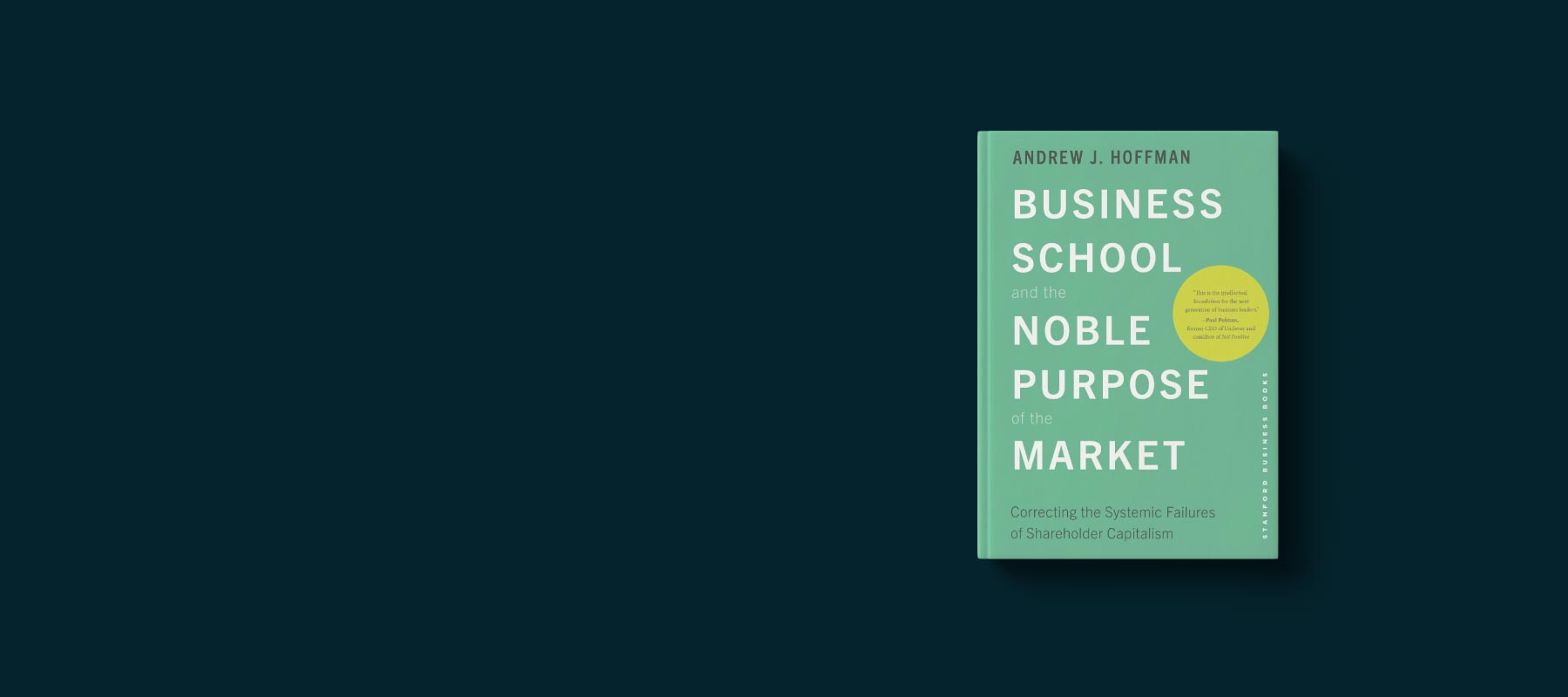
Courageous leadership is needed now to address systemic challenges
We are living in an era of geopolitical fragility. Democratic principles and liberal values are under threat. Maintaining a value-based society requires courage – from all of us.

Every day, we are encouraged to stand up for what is important to us as a society and to speak up when our shared values are infringed. Leaders need to decide what they stand for and what they stand up against. Courage – civil courage – can come in small, unassuming forms. Courage does not have to be loud and roaring to be effective and impactful.
Courage has three components
Courageous leaders are guided by self-transcendent values. These values motivate actions that go beyond one`s own self-interests. Courageous leaders think and act with the greater good in mind, they are generous, seek fairness, and act with respect and integrity. Our heroes embody these values – and we love them regardless of their success or failure, because they stand up for “what is right”.
Perception of risk. Courageous leaders are neither naïve nor reckless. They are aware of the risk and they take failure into account. They are aware that initiating innovation bears risks. Standing up for what is important and standing up against what is wrong, bears a lot of risks. Resisting the majority opinion and daring to think differently is a (civil) courage we need more of.
Lastly, courageous people actively choose to take initiative. To be courageous is to actively decide to act, to resist, to challenge the status quo, to spark creativity and to stand up for your own values. Courageous people decide not to be a victim or be passive.
Courageous people – in formal leadership roles or not – perceive the risks, and they also see what is at stake, and they decide to do something about it.
Courageous leaders are interested in doing well by doing good. With the public demanding a kinder form of capitalism, organizations are being urged to focus on outcomes that are good for society, such as more environmentally friendly production or higher employment. Surmounting these problems will require leaders to balance collective interests with their own corporate aims.
Research Information & Knowledge Hub for additional information on IMD publications

Business schools must champion values-led leadership as companies retreat from DEI. Now’s the time to stand firm and lead by example, says David Bach.

Geopolitical turmoil and its workforce impact demand a systems thinking approach from CHROs, argue IMD’s Katharina Lange and Simon Evenett.

This episode takes you behind the scenes of a recent gathering led by the World Business Council for Sustainable Development together with IMD, where David Bach sat down with two sustainability leaders.

All organizations should have a plan to secure trust during, after (and even before) a crisis hits. Here are a host of examples, good and bad, to learn from.

Tired teams, wasted weekends, and unread reports—here are 7 ways to restore morale and reignite performance. Avoid unnecessary reporting and non-essential tasks.
The Handtmann case examines the co-CEO leadership model in the context of family business. Based on interviews with three key executives – the co-CEOs and the President of the Advisory Board – the case focuses on how Handtmann handled the leadersh...

The 7 shifts you need to make to lead in a turbulent world for acuity and inner rootedness. Grounded Edge Leadership.

Anxiety can sharpen focus, but if it impacts your well-being or leadership, it’s worth a check-in. These helpful questions may help you reflect.

As corporate America adjusts to a shifting political environment under President Donald Trump, companies must rethink their approach to DEI.

Andrew J Hoffman's book explains how Business schools must cultivate leaders who see beyond profits and embrace business as a powerful force for societal good.
Research Information & Knowledge Hub for additional information on IMD publications
Research Information & Knowledge Hub for additional information on IMD publications
Research Information & Knowledge Hub for additional information on IMD publications
in I by IMD
Research Information & Knowledge Hub for additional information on IMD publications
in I by IMD
Research Information & Knowledge Hub for additional information on IMD publications
Research Information & Knowledge Hub for additional information on IMD publications
The Handtmann case examines the co-CEO leadership model in the context of family business. Based on interviews with three key executives – the co-CEOs and the president of the advisory board – the case focuses on how Handtmann handled the leadersh...
Research Information & Knowledge Hub for additional information on IMD publications
Research Information & Knowledge Hub for additional information on IMD publications
in I by IMD
Research Information & Knowledge Hub for additional information on IMD publications
in I by IMD
Research Information & Knowledge Hub for additional information on IMD publications

